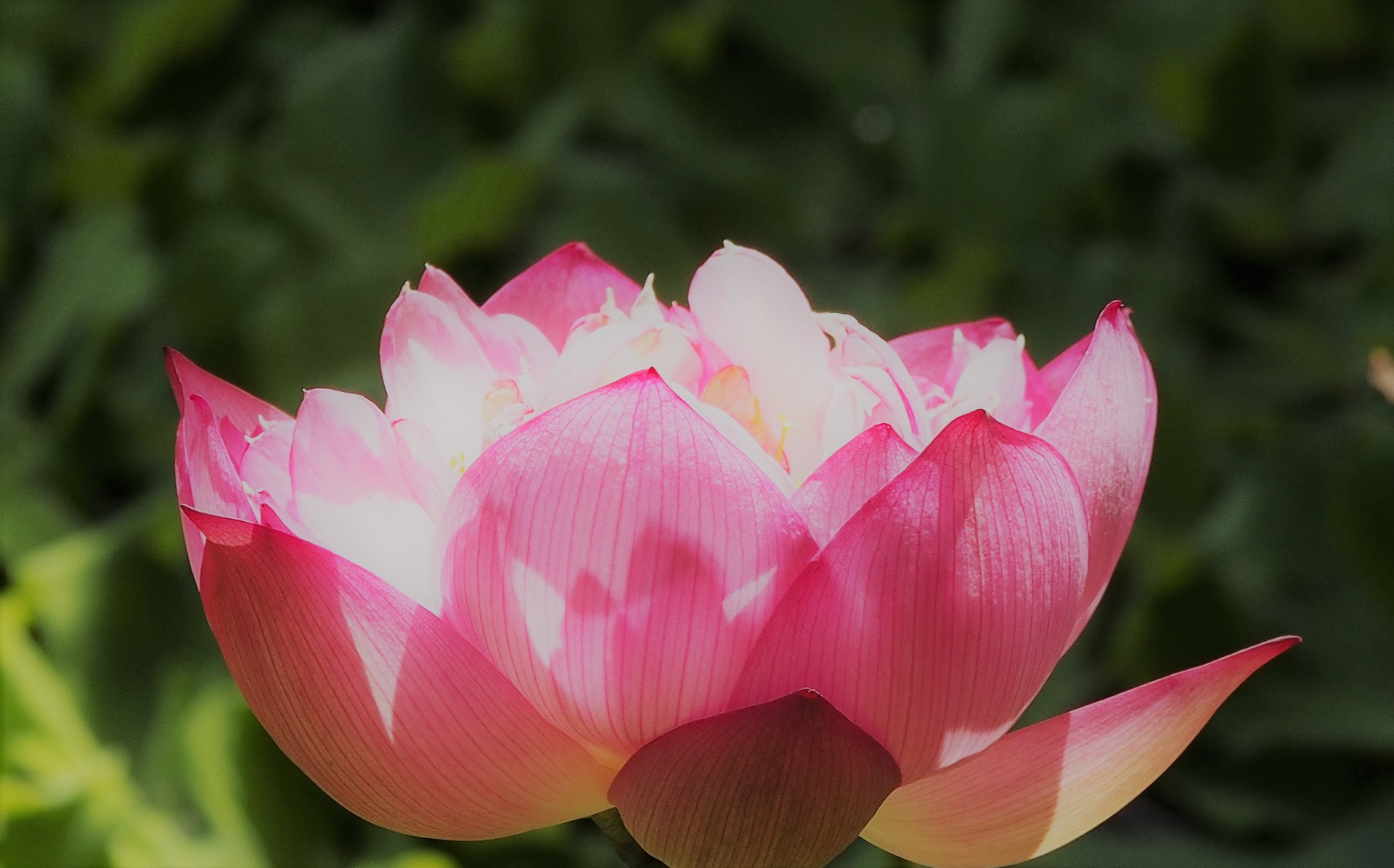
Trust broken? Trust emergence!
Trust. It’s such an important, crucial factor in both our relationships to others, and to ourselves.
Couples and individuals come for help from relationship counsellors after years of broken trust, whether that trust was shattered by infidelity or by profound doubts in the couple relationship. Yet we also have a more primary form of trust, that is the trust we have towards ourselves and in our own experience.
Quite simply we are not brought up to have a full sense of trust in our own experience. The way we measure, evaluate or gauge ourselves is often via a reflected sense of self-we ask for another’s opinion about the very thing that they can’t really offer with any accuracy: how it feels to be in our world.
The person-centred psychotherapist Carl Rogers called this an external locus of elevation. In short, we’re run by the shoulds, oughts and musts that others have put (he called it “introjected”) into our lives. Freud wrote about the superego, that internalisation of parental and authority figures which confers rules, order, regulations and law onto and into ourselves. This makes sense, to have the mores of society part of us, it offers civility in what might otherwise be a chaotic community.
The shadow side of this, though, is that we often turn away from our own experiencing, looking to others to validate ourselves: we simply don’t trust ourselves at a deep level, and at this deep level we’re out of relationship with ourselves, battered by disconnection, self-doubt and self-criticism, isolated and afraid.
The Insight Meditation teacher Gregory Kramer has developed the practice of Insight Dialogue and perhaps this offers us a way out of feeling this sense of disconnection from ourselves. He offers a 6-stage structure of mindful dialogue, and at the centre lies what he calls “trust emergence” where he suggests that we “let go into the changing process that we call now with its uncontrolled sensations, thoughts, emotions, interactions, words, topics, energies and insights” (Kramer p139).
The crucial aspect here is emergence. We might imagine that the door to trust opens wide and quick, but here is a way of staging the process.
In a way, we can think of the analogy of the lotus in the mud: it’s dark and murky in the mud, but the darkness also carries the seed that allows the flower to emerge, grow and its potential to actualise; as with the lotus we have to trust our own emergence.
This, for us, is unpacking our conditioning, those shoulds, oughts and musts in our lives and become more in tune with an internal locus of evaluation, authentically and somatically connecting with our own experience.
This connection and trust with self mirrors our connection and trust with others. Often when couples ask me how they create trust again the best way forwards is to take it slow, form new connections in the relationship: trust emergence.
If trust in the emergence of new connections can be created a new trust can develop in the couple relationship, too.





Write a Comment